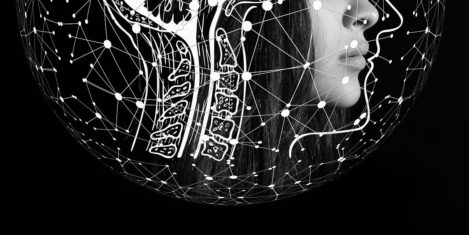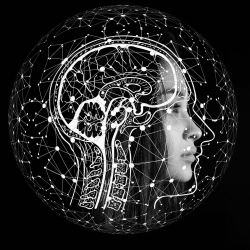July 3, 2023
‘Performative work’ is holding back productivity, poll claims
 A new poll from Slack claims that a focus on performative work, rather than impact, is holding back UK businesses; leading to them falling behind the likes of Germany, France, India and Singapore when it comes to adopting, and gaining, the efficiency benefits of technological advances in AI and automation. Based on findings from 2,000 desk workers in the UK, only 21 percent say their company is using AI tools to improve productivity, compared to 75 percent in India, 35 percent in Singapore, 29 percent in Germany and 23 percent in France. Meanwhile, 37 percent of UK workers say their productivity is measured on visibility (i.e. hours spent in the office or online). As a result, almost one third (30 percent) of the average day is lost to performative work that doesn’t contribute to company goals, but is simply done to appear productive. (more…)
A new poll from Slack claims that a focus on performative work, rather than impact, is holding back UK businesses; leading to them falling behind the likes of Germany, France, India and Singapore when it comes to adopting, and gaining, the efficiency benefits of technological advances in AI and automation. Based on findings from 2,000 desk workers in the UK, only 21 percent say their company is using AI tools to improve productivity, compared to 75 percent in India, 35 percent in Singapore, 29 percent in Germany and 23 percent in France. Meanwhile, 37 percent of UK workers say their productivity is measured on visibility (i.e. hours spent in the office or online). As a result, almost one third (30 percent) of the average day is lost to performative work that doesn’t contribute to company goals, but is simply done to appear productive. (more…)

































June 19, 2023
Throwing open the window to a new world of work
by Mark Eltringham • Comment, Flexible working, Technology
(more…)